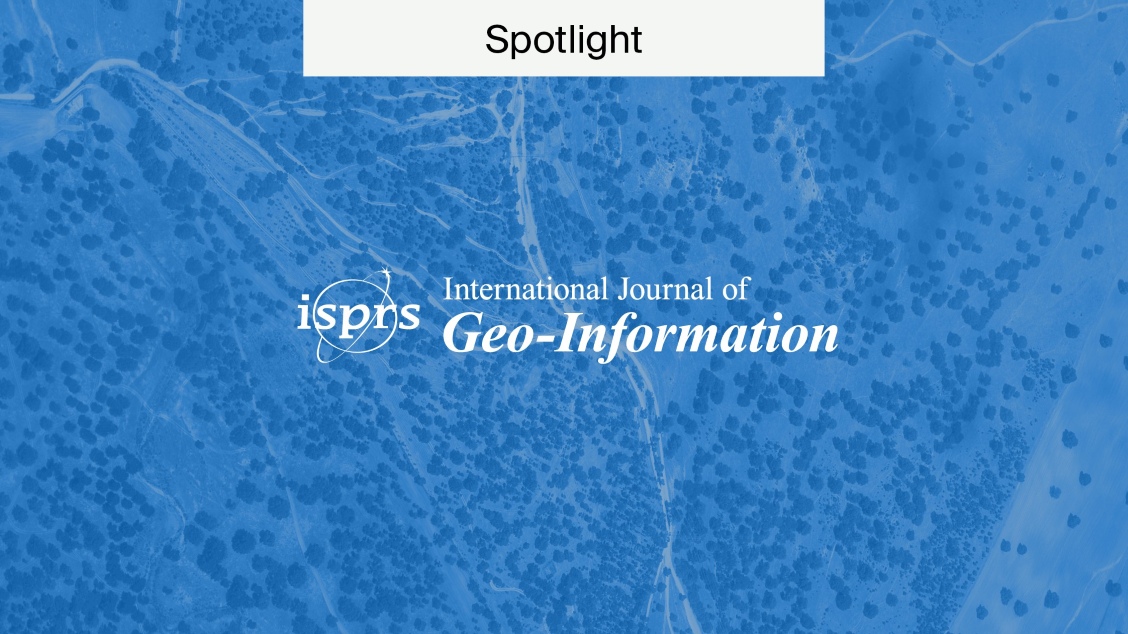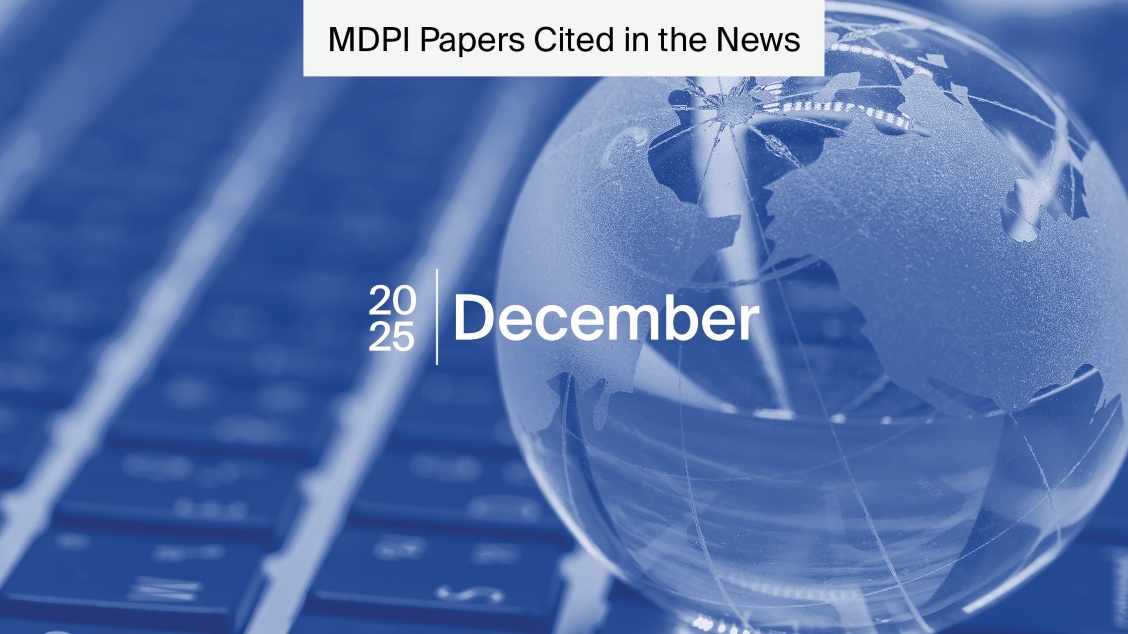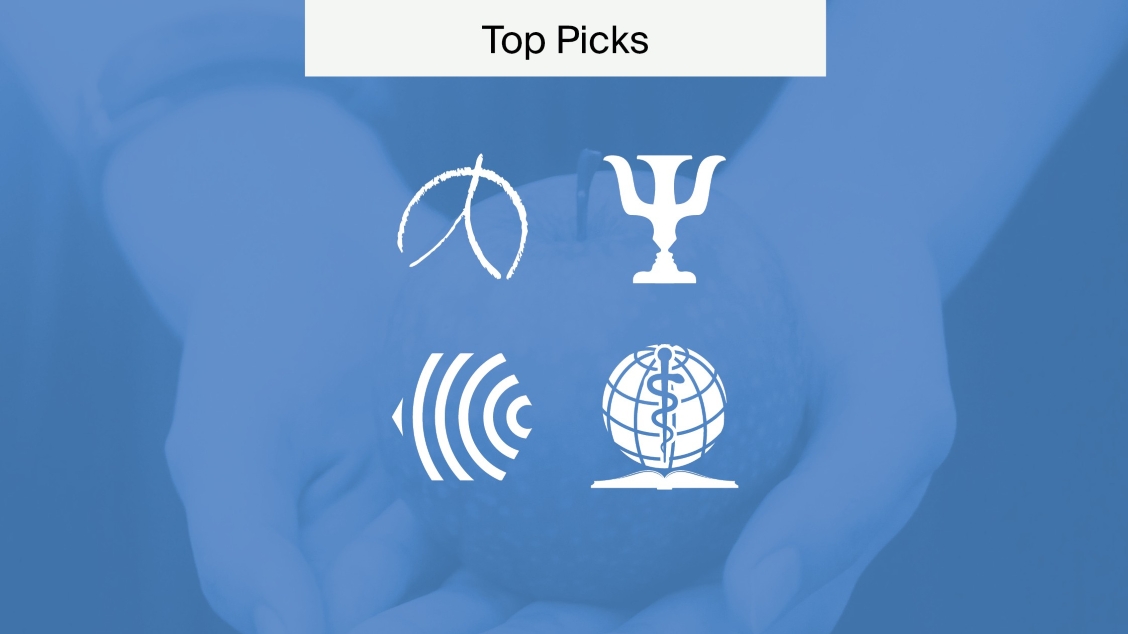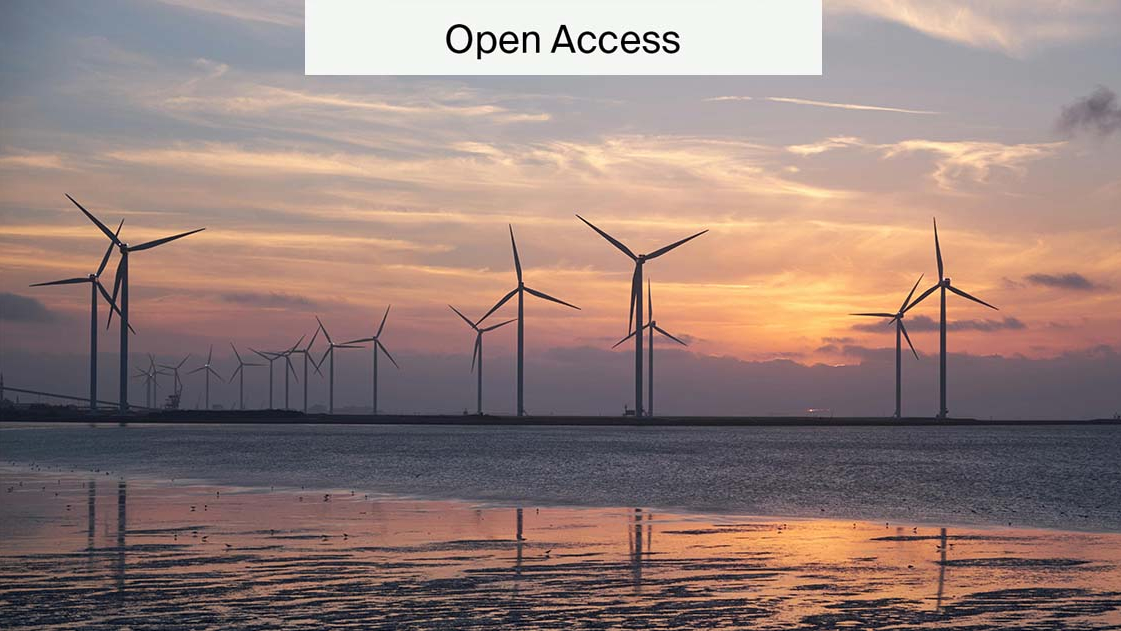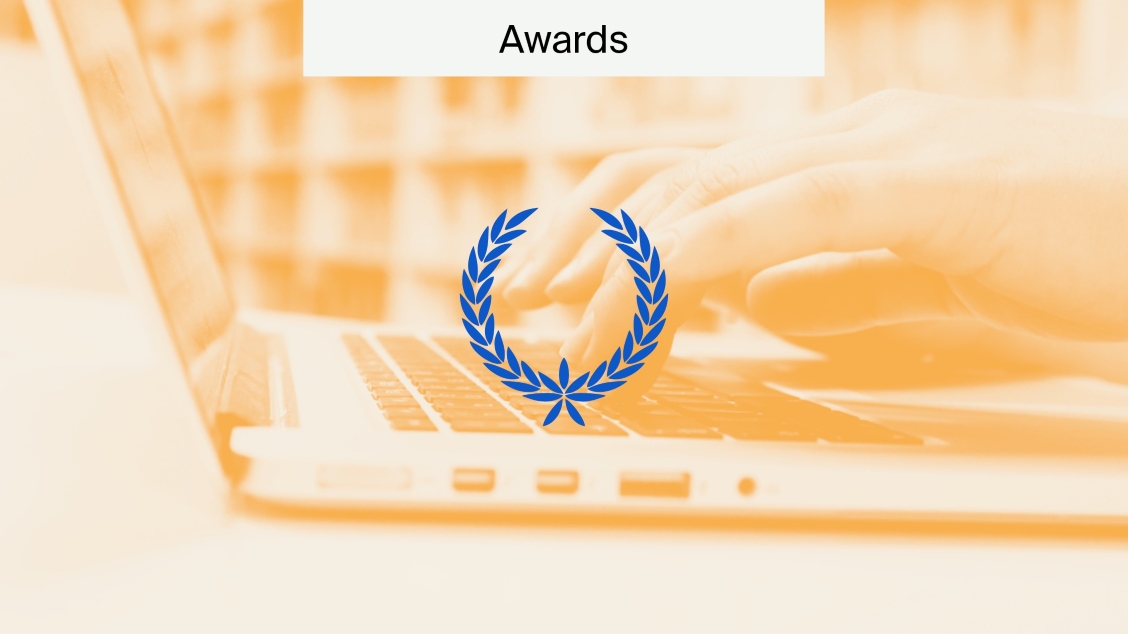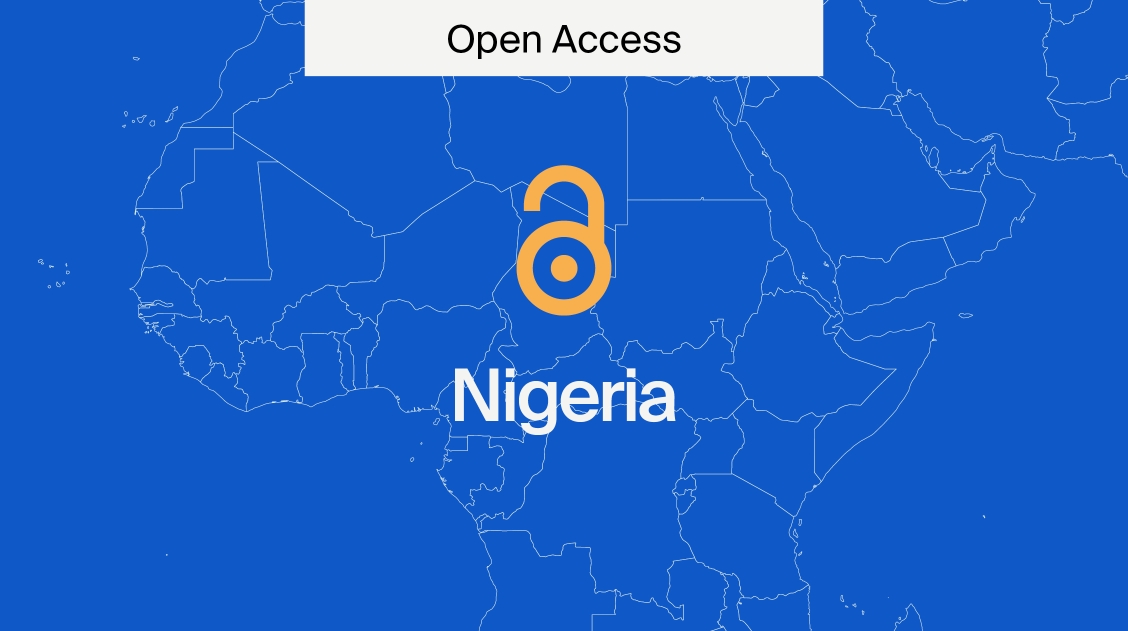
Open Access in Nigeria
Nigeria has a range of community- and organisation-led open science initiatives. These are working to build infrastructure, develop skills, and promote Open Access in Nigeria, whilst responding to challenges like lack of internet access and linguistic barriers.
We outline the history of Open Access in Nigeria and its current policies for those looking to submit research or read it.
Open Access is the new paradigm
Open Access refers to a publishing model for scholarly research that makes information immediately available to readers at no cost. This research is also free to reuse for scholarly purposes.
The benefits of publishing Open Access include increased visibility of scientific work, which can lead to more citations and a greater impact, reaching a wider audience, advancing scientific innovation, retaining copyrights, and increasing the potential for collaboration and recognition. Open Access can also help institutions like universities and research agencies in low- and middle-income countries by removing any price barriers to accessing academic research.
History of Open Access in Nigeria
Nigeria does not have an open science policy, but there are some key milestones in the country’s progress to developing one. Here is a brief history of Open Access in Nigeria:
- 2004: Electronic Information for Libraries (EIFL) partners with the Nigerian University Libraries Consortium (NULIB) to provide access to a wide range of scholarly e-resources and raise awareness about Open Access.
- 2008: The Covenant University Repository is launched, representing one of the first institutional repositories in Nigeria.
- 2015: The Nigerian National Policy on Education recognises the importance of open and distance learning for the nation’s education.
- 2017: The Library Support for Embedded National Research and Education Network (NREN) Services and E-Infrastructure (LIBSENSE) initiative is launched. This is an African initiative focused on providing framework and support for libraries and hosting an open science cloud.
- 2018: Open Journals Nigeria, an OA academic publishing platform, is launched.
- 2021: LIBSENSE published a Nigerian Open Science Roadmap, which includes workshops, webinars, and conferences.
- 2024: LIBSENSE published a model open science policy for Nigeria.
The value of open science has been recognised at governmental, university, and community levels for its ability to increase access and boost visibility.
Whilst there has not been a uniform policy so far, there are crucial steps being taken by different initiatives to address key issues. For example, the EIFL partnership with NULIB was an early example of an international collaboration that increased awareness and provided access to resources.
Open science in Africa
Scholars across Africa face unique challenges in accessing research. In response, open science has spread from community- and government-led initiatives to increase access to research and the visibility of work by African researchers.
A 2019 Academy of Science of South Africa (ASSAf) study estimated that Africa produces 0.75% of global scientific knowledge and that the main challenges it faces are:
- Insufficient e-infrastructure.
- Skills shortage.
- Lack of incentivisation.
- Low status of scholarly journals published in Africa.
Hence, open science in Africa must be contextualised so that it directly addresses the needs of African researchers and societies.
There are several continental initiatives:
- AfricArXiv.
- African Digital Research Repositories.
- African Journals Online.
- African Open Science Hardware.
- African Open Science Platform.
- Science for Africa Foundation.
These open science initiatives focus not only on increasing access to research for Africans but also increasing the visibility of their research. This is especially true for societally engaged research that focuses on addressing the specific challenges that different areas face.
To ensure research can be conducted, there are also groups dedicated to ensuring science hardware (the physical instruments used to conduct science) is accessible.
Learn more about the Growth of Open Science in Africa.
Current Open Access laws in Nigeria
Nigeria is a country with rich ethno-cultural diversity. It is the most populous country in Africa, with over 200 million people, and has over 500 indigenous languages. Moreover, there are over 550 higher education institutions and over 170 universities.
There is no nation-wide Open Access or open science policy in Nigeria.
However, work is being done by leading institutions to begin establishing a policy.
LIBSENSE model open science policy
LIBSENSE is an African initiative that provides framework and support for libraries.
The Nigerian Open Science Roadmap in 2021 featured workshops developed by LIBSENSE to raise awareness and bring the scientific community together.
In 2024, LIBSENSE focused on developing a model open science policy for Nigeria.
This aims at promoting openness at all levels, including scholarly communications, educational resources, repositories, and governance.
The vision is to create a dynamic ecosystem driven by open science, fostering innovation, and enhancing societal trust in research and development.
The model policy builds on core values from UNESCO’s Recommendation on Open Science and actively aims to promote the indigenous system of Nigerian research.
Aims include:
- Realise the potential of data.
- Promote the development and adoption of open science and data management policies.
- Evaluate the status of national infrastructure.
- Address issues of incentives, best practices, and benefits.
- Foster training and capacity building activities.
- Create a national publishing and indexing platform.
LIBSENSE is focused on fostering a culture of open science among researchers and calling for incentives and rewards for open science practice at all levels.
They recognise that developing national guidelines for open science is paramount for advancing research in Nigeria.
Repositories
There is a selection of repositories in Nigeria that are focused on increasing access to research.
The National Repository of Nigeria is focused on preserving intellectual and cultural resources in Nigeria, whilst simultaneously increasing the visibility of and access to Nigerian research.
There are also institutional repositories across the country too:
- Covenant University Repository.
- University of Ibadan Open Access Repository (UISpace).
- Ladoke Akintola University of Technology (LAUTECH).
- University of Lagos (UNILAG).
Open Science Community Nigeria
Open Science Community Nigeria is a nonprofit organization focused on promoting open science practice.
It frames itself as the first the open science community in Nigeria, upholding the responsible execution of research whilst endorsing open science principles and practices. They describe their mission:
We aim to create a culture of openness and accountability in Nigerian science by advocating for the adoption of open science principles and practices.
Practically, this involves education, advocacy, and collaboration. Their website includes resources, news, events, and more.
Nigeria’s Open Access statistics
Despite there being no national policies, Open Access publication has steadily increased in Nigeria. According to InCites data (Clarivate) extracted in April 2025:
- 2013: 63% of articles and reviews were subscription-only and 37% were Open Access.
- 2018: 50% of articles and reviews were subscription-only and 50% were Open Access.
- 2023: 40% of articles and reviews were subscription-only and 60% were Open Access.
As you can see, the share of Open Access publications has increased by over half from 2013 to 2023. This demonstrates the community- and institution-level enthusiasm for open publication in the country.
Open Access in Nigeria has steadily grown to overpass subscription-based publishing, which is likely to continue as more initiatives call for national guidelines to be developed.
Future trends
In 2015, the Nigerian government recognised the necessity of open and distance learning. This stems from the size of the country, its linguistic diversity, and the gaps in infrastructure.
There is work being done by various initiatives, most notably LIBSENSE, to lay the foundations for an open science policy to be developed.
In summary, the most highlighted focus areas include:
- Increasing awareness about openness and improving digital literacy.
- Identifying infrastructure gaps and addressing them.
- Bringing together the scientific community.
- Ensuring there are adequate incentives for publishing Open Access.
- Creating national platforms for open science and Open Access publishing.
In short, there is no national Open Access or open science mandate or policy in Nigeria as of April 2025. Work is being done across the country to improve infrastructure and digital literacy, which is often being connected to principles of open science.
Value of Open Access
All articles published by MDPI are made immediately available worldwide under an Open Access license. This means:
- Everyone has free and unlimited access to the full text of all articles published in MDPI journals;
- Everyone is free to re-use the published material if proper accreditation/citation of the original publication is given;
- Open Access publication is supported by the authors’ institutes or research funding agencies by payment of a comparatively low Article Processing Charge (APC) for accepted articles.
Researchers can satisfy Nigeria’s developing Open Access policy and pre-empt any stricter legislation by publishing in an MDPI journal. Alternatively, if you want to publish an early version of your article, try Preprints.org, our service for publishing early versions of research that are not peer-reviewed and report on either ongoing or complete research.
An author from the University of Calabar described their experience of publishing in Atmosphere:
MDPI offers a wide range of Open Access journals covering various fields of research, making it easier for authors to find a suitable journal for their work.
Their commitment to Open Access also ensures that published articles reach a wider audience, increasing the impact and visibility of the research.
Open Access makes vital information accessible to all readers and researchers and brings together scholars from across the world. Thus, it is ideal for tackling global challenges that require urgent and coordinated attention.
Nigeria is developing its infrastructure in line with open science principles. Click here if you would also like to learn more about Open Access around the world.

